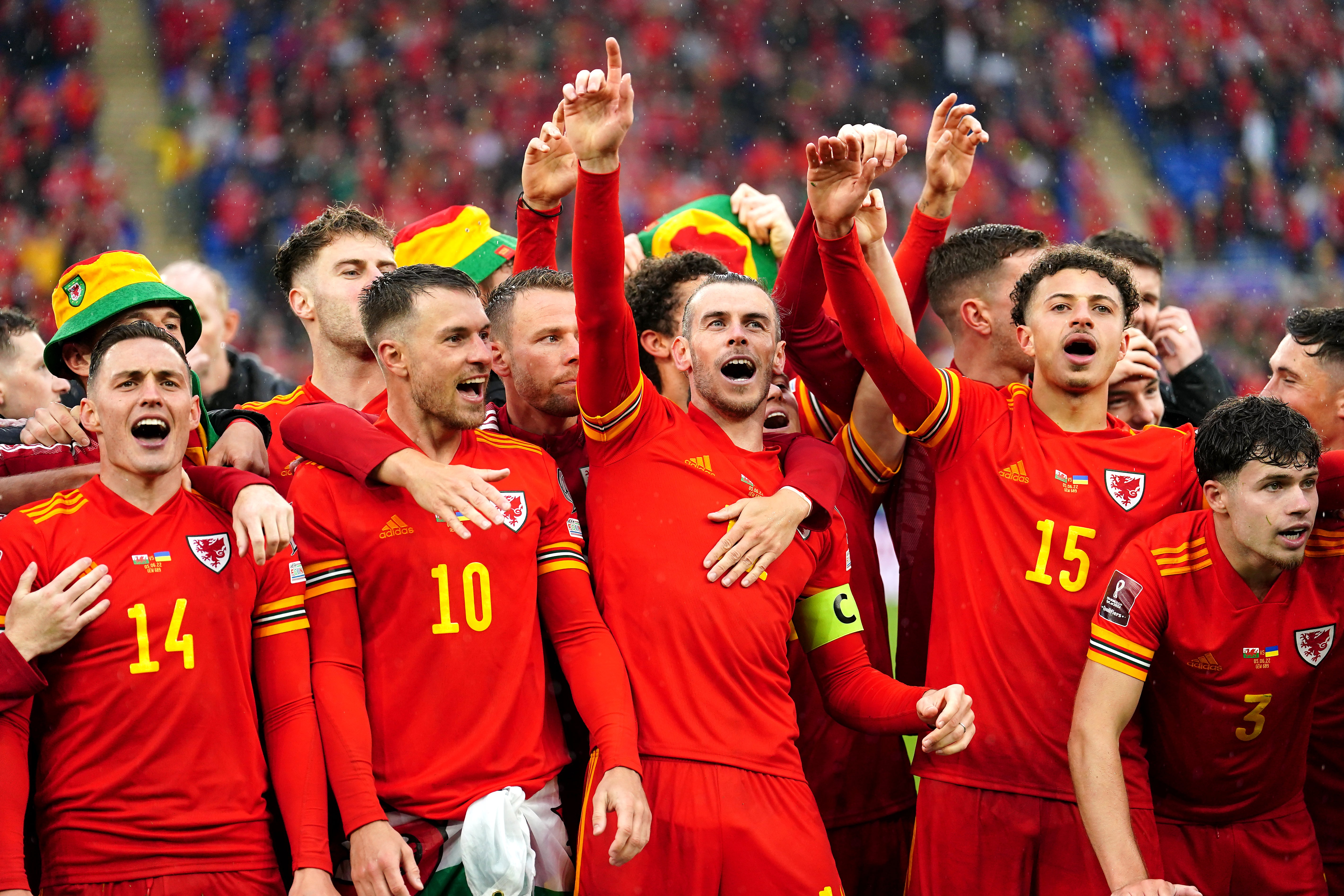Taking a closer look at Wales’ World Cup qualifying record
It will be a first tournament appearance for 64 years.

Your support helps us to tell the story
From reproductive rights to climate change to Big Tech, The Independent is on the ground when the story is developing. Whether it's investigating the financials of Elon Musk's pro-Trump PAC or producing our latest documentary, 'The A Word', which shines a light on the American women fighting for reproductive rights, we know how important it is to parse out the facts from the messaging.
At such a critical moment in US history, we need reporters on the ground. Your donation allows us to keep sending journalists to speak to both sides of the story.
The Independent is trusted by Americans across the entire political spectrum. And unlike many other quality news outlets, we choose not to lock Americans out of our reporting and analysis with paywalls. We believe quality journalism should be available to everyone, paid for by those who can afford it.
Your support makes all the difference.Wales secured their World Cup place with a play-off final win over Ukraine on Sunday night.
It will be a first tournament appearance for 64 years but saw the Dragons extend one impressive record, while talisman Gareth Bale added another national record with his semi-final brace against Austria.
Here, the PA news agency looks at Wales’ qualifying record.
Play-off masters
Victory over Ukraine continued a 100 per cent record for Wales in World Cup play-offs – whether in qualifying or the tournament proper.
Their only previous finals in 1958 came after they finished second to Czechoslovakia in a group also featuring East Germany and then won a two-leg play-off over Israel 4-0, Ivor Allchurch scoring in each leg.
Once at the tournament, they finished level on points with Hungary in Group Three and had to come through an additional play-off round, winning 2-1 with goals from Allchurch and Terry Medwin. That earned a quarter-final against Brazil which they lost 1-0 to Pele’s goal.
In this year’s play-off, Gareth Bale’s brilliant double saw off Austria 2-1 in March before the captain’s free-kick led to Ukraine counterpart Andriy Yarmolenko’s decisive own goal on Sunday.
That perfect record excludes the disrupted 1962 qualifying campaign, in which Austria and Denmark’s withdrawals left Group Nine as a de facto two-leg play-off between Spain and Wales. Spain won 2-1 in Cardiff, with Alfredo Di Stefano on target, before a 1-1 draw in Madrid in what was technically still the group stage.
Tale of woe
Qualification for Qatar ends a long and often miserable wait for Wales.
Having missed out on qualification through the British Home Championship for the 1950 and 1954 World Cups, the first they entered, 1958 stands alone.
They finished second behind the Soviet Union to miss out on 1966 in England and propped up their group in the next three qualifying tournaments, finishing in the bottom two in nine out of 12 up to the 2014 World Cup as qualifying groups expanded to five or six teams.
A near miss four years ago, James McClean’s goal giving the Republic of Ireland a decisive 1-0 win in the final group D match, was followed by success this time around.
Bale the greatest?
Bale now has 13 goals in World Cup competition, more than any other Welshman across qualifiers, play-offs and the 1958 tournament combined.
The ex-Tottenham and Real Madrid forward scored four in the qualifying competitions for both the 2014 and 2018 tournaments and three in the group this time around, before his brace against Austria broke the tie with Ian Rush’s 11 goals.
Rush scored three in qualifying for Mexico ’86 and an impressive eight in Wales’ bid to reach the 1994 tournament in the United States.
Allchurch and Dean Saunders are the other players to reach double figures for Wales when all stages of the World Cup are considered, with Aaron Ramsey having the chance to join them in November should he score at the tournament in Qatar – he is currently alongside Mark Hughes on nine goals.
Altogether, Wales have 172 World Cup goals from 67 different players, with Yarmolenko the fourth opposition player to contribute an own goal to that tally.